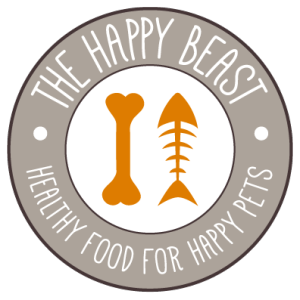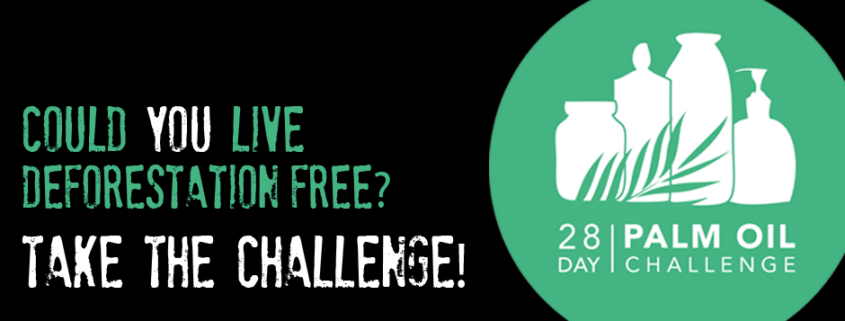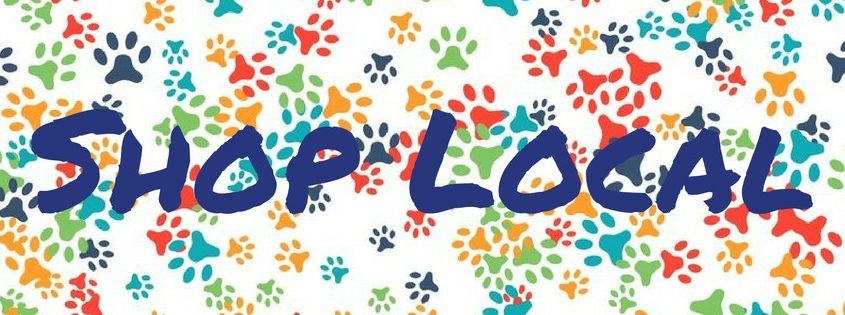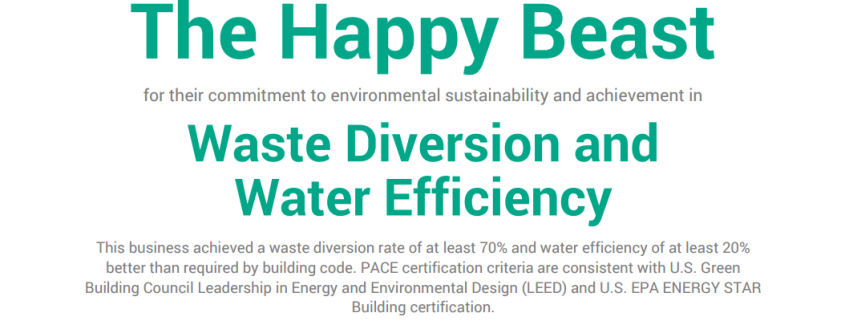In learning more about the wild relatives of our domestic cats (check out last month’s blog post, “Raising Awareness for the World’s Small Wildcats”), we discovered just how devastating the palm oil industry can be on the natural habitats of wildcats. This month, we’re taking a 28-day challenge to reduce palm oil consumption in our own lives. We know money talks, and so we’re choosing to discontinue purchasing products that contribute to the deforestation brought on by the palm oil industry.
Why? Palm oil is one of the most widely used vegetable oils in the world due to its versatility, and it’s found in all sorts of products – from foods like cereal, chips, peanut butter to dairy products, soaps, toothpaste, makeup, and laundry detergents (just to name a few.)
It is also one of the most devastating crops to the forests of Southeast Asia where half of the world’s small wildcat species make their home. There are few protections for the environment and wildlife in this part of the world so the palm oil industry faces little push back when it destroys forests and sets up massive operations.
As we explained last month, “because wildcats are apex predators, when we conserve their habitats, we are saving entire ecosystems and helping to preserve biodiversity.” Once you get into the news and research about palm oil, the problem can feel daunting and so we wanted to provide some practical steps that you can take to help.
The organization Say No to Palm Oil’s first recommendation is to take their 28-Day Palm Oil Challenge to identify and eliminate purchasing products that contain palm oil. The challenge is broken into four, 1-week periods, looking at a different category of products each week (pantry, fridge, bathroom products, and laundry products). We’ve already begun our challenge at The Happy Beast and would LOVE to have you join us. We’ve outlined each of the weeks below with products to avoid and healthy alternatives, including homemade recipes and DIY cleaners that are super easy to make and environmentally friendly.
WEEK 1: PANTRY
The FDA requires palm oil to be listed on the ingredient panel of packaged food. Be on the lookout for palm oil in the following items: Shortenings, cookies, crackers, cake mixes, icing, instant noodles, bouillon cubes, biscuits, gluten free breads, and almond and peanut butters.
Homemade Everything Crackers
This recipe is super simple and the crackers are done in about 15 min
Recipe from www.thekitchn.com
Ingredients
- 3 cups all-purpose flour, or a mix of all-purpose and whole grain flours
- 2 tsp sugar
- 2 tsp salt
- 4 tbsp extra-virgin olive oil
- 1 cup water
- 1 tablespoon sesame seeds, 1 tbsp fennel seeds, 1 tbsp poppy seeds, 1 tsp sea salt
WEEK 2: FRIDGE
Be on the lookout for palm oil in the following items: Ice cream, non-dairy creamers, and margarines. And if you are a vegetarian or vegan and use “meat-free” or “dairy-free” products, it is especially important to read all the ingredients. We tend to assume vegetarian and vegan products are both ethically and environmentally responsible, but there are several dairy-free cheeses and milks that contain palm oil. For instance the popular So Delicious Dairy Free brand has several products that contain palm oil.
Homemade Almond Milk
Making milk seems really intimidating, but it’s actually quite fun and easy. Plus, it excludes thickening agents such as carrageenan, guar gum, and xanthan gum.
Recipe from www.thekitchn.com
Ingredients
- 1 cup raw almonds, preferably organic
- 2 cups water, plus more for soaking
- Sweeteners like honey, sugar, agave syrup, or maple syrup, to taste, optional
WEEK 3: BATHROOM
The FDA does not require palm oil to be listed in the ingredients for non-food products, so identifying it in bathroom products is a little tricky. Avoid anything with sodium lauryl sulfate and palmityl alcohol. Check out this list of palm oil synonyms and derivatives from the Schuster Institute for Investigative Journalism at Brandeis University. Overall, products like mouthwash, toothpaste, lotion, and skin care products can contain palm oil and are quite ubiquitous in our personal care products.
DIY Toothpaste
Recipe from: www.wellnessmama.com
Ingredients
- About 1/2 cup coconut oil.
- 2-3 Tablespoons of baking soda.
- 2 small packets of stevia powder.
- 15-20 drops of peppermint or cinnamon essential oil (optional)
WEEK 4: LAUNDRY
Household cleaning products frequently use palm oil for their foaming and emulsifying properties. Remember that it’s always important to read the labels, especially for those products promoting themselves as “green” or “natural.” For instance Clorox Greenworks, Method, Seventh Generation, and Simple Green cleaners all contain palm oil derivatives.
DIY Cleaner
Recipe from: www.popsugar.com/smart-living/Homemade-All-Purpose-Cleaner-28495713
Ingredients
- 1/2 cup vinegar
- 1 tablespoon Borax
- 1 tablespoon hydrogen peroxide
- 2 cups hot water
- Juice of 1 lemon
- Touch of Lavender essential oil (optional)





